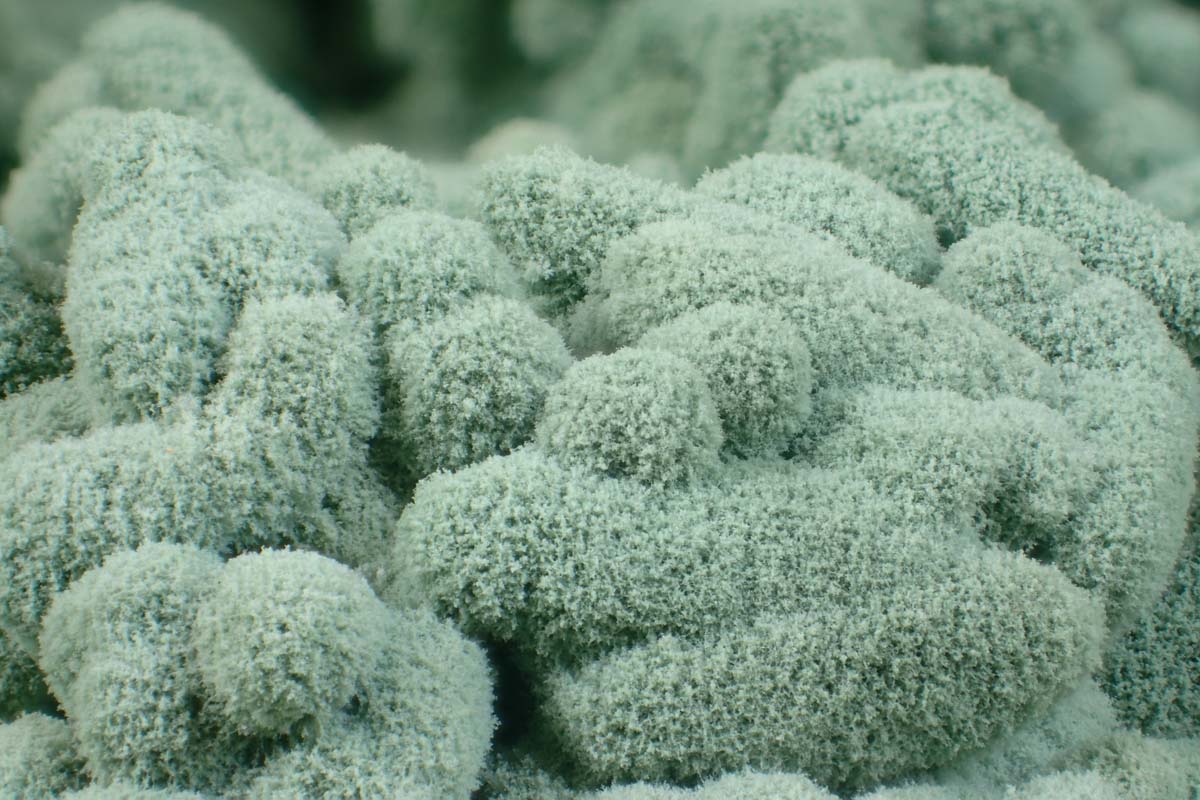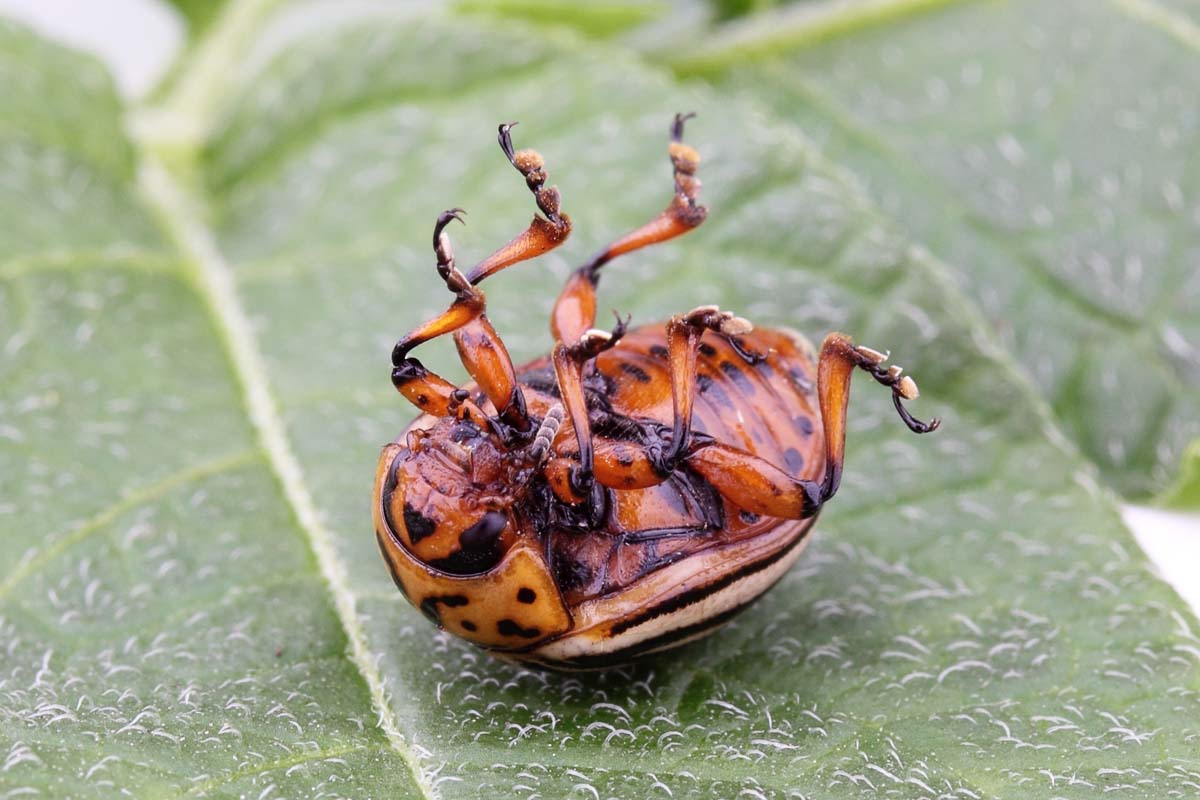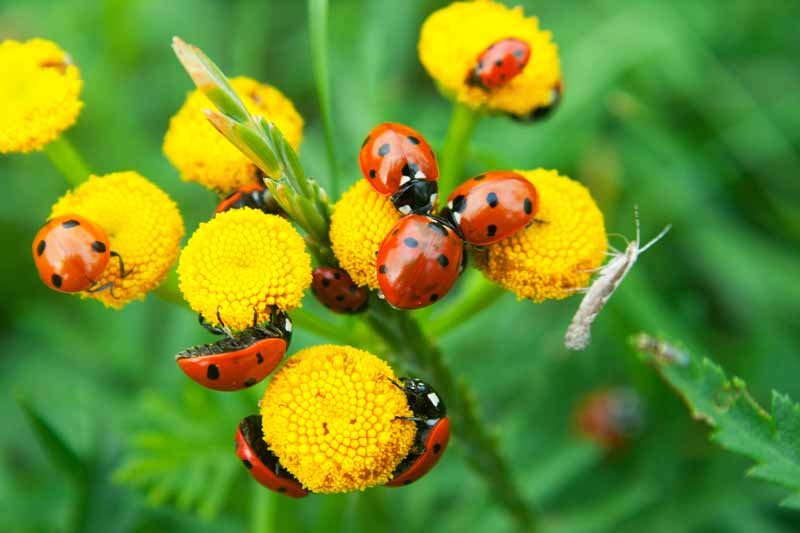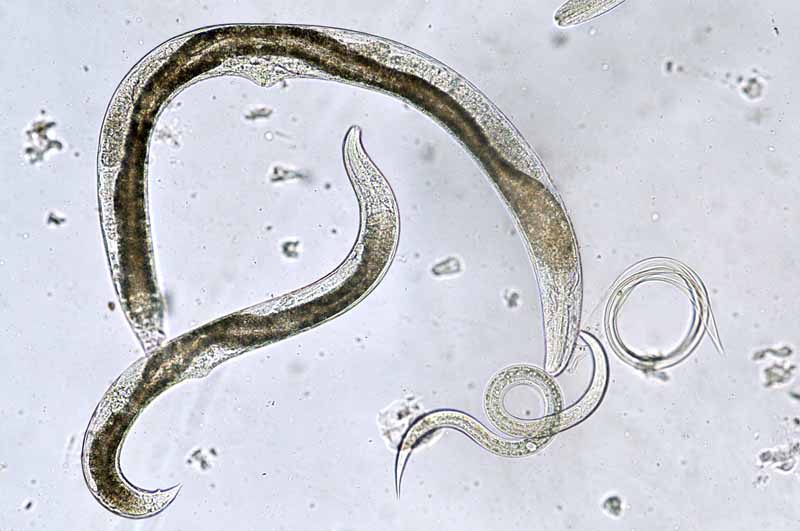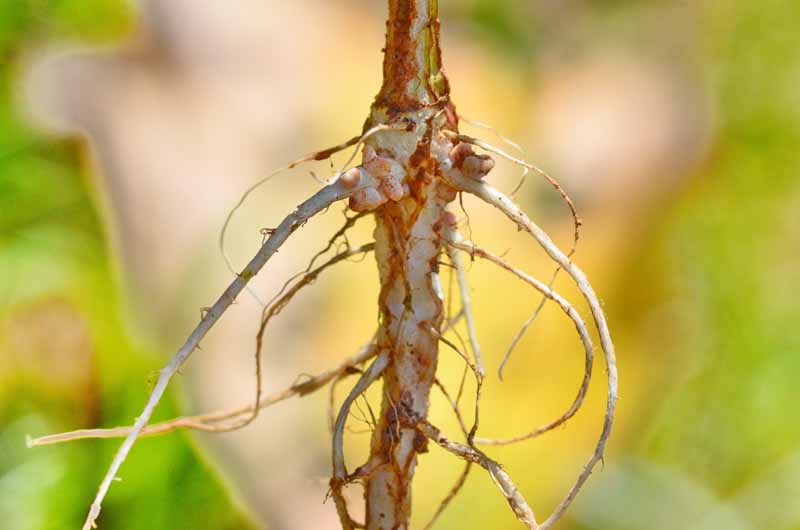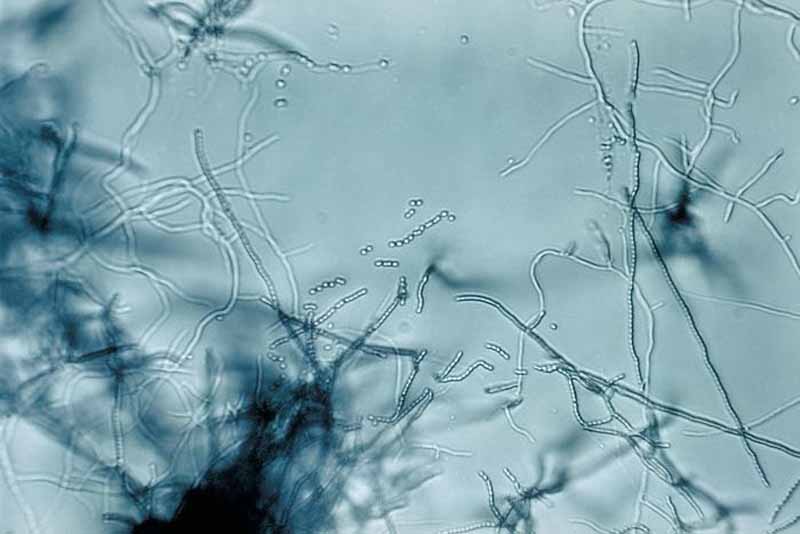Controlling Plant Pathogens With the Biofungicide Bacillus subtilis
Bacillus subtilis can control a range of fungal and bacterial pathogens in the soil and on leaves. It directly inhibits other microbes and also stimulates the plants to control pathogens using their own natural resistance mechanisms. Read on to learn more about these versatile bacteria.

